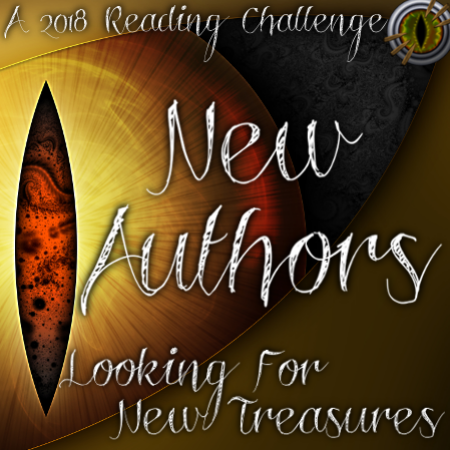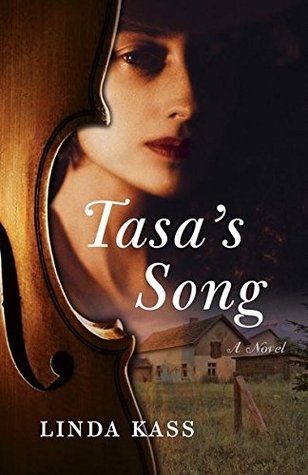
Paperback, 122 pgs.
I am an Amazon Affiliate
Summonings by Raena Shirali is an urgent calling of female personas in an effort to highlight the continued practice of daayan (witch) hunting in India. But even as Shirali conjures the spirits of these women, she is also summoning her own power as a westernized Indian woman to empathize and call attention to this practice and the unfair targeting of women.
As she points out in the foreword, “India is the world’s most dangerous country for women … The only Western nation in the top 10 was the United States…”
Shirali is fully aware that as a westernized Indian woman there is “distance/between self & subject.” (“on projection,” pg. 12) Her poems aim to bring these women into full-bodied poems based on what she knows about these “witches,” but it is hard to be a spirit without the lens of one’s own culture and upbringing. This mirrors her poem “ojha : rituals” where she questions what “truth” is, especially when it becomes subjective.
These poems are multi-layered and the longer you sit with these lines and images, the more you realize these stories are a conjuring of female power from ancestors and modern women who face oppression. Even as there is a reach for feminine power, there’s also a self-hatred Shirali struggles with: “i was shit & wanted/to be shit. & then i swallowed pretense. swallowed/countries” (“at first, trying to reach those accused” pg. 27) and in “summoning : retreat” (pg. 31) “digging in/the old-world soil/for common root.”
Shirali offers a “different way to look at the same/old face.” (“daayan gets her name” pg. 35) In summoning the spirits of these women, these so-called witches, she’s rewriting the narrative to include their truth, not just the stories that have been told about them. Her poems are when “the earth began to shift”(“daayan & the mountains : ii pg. 58-9). Summonings by Raena Shirali is asking us to reexamine who gets to ask, who answers, and who tells the story.
RATING: Quatrain
About the Poet:
Raena Shirali is the author of two collections of poetry. Her first book, GILT (YesYes Books, 2017), won the 2018 Milt Kessler Poetry Book Award, and her second, summonings (Black Lawrence Press, 2022), won the 2021 Hudson Prize. Winner of a Pushcart Prize & a former Philip Roth Resident at Bucknell University, Shirali is also the recipient of prizes and honors from VIDA, Gulf Coast, Boston Review, & Cosmonauts Avenue. Formerly a Co-Editor-in-Chief of Muzzle Magazine, Shirali now serves as Faculty Advisor for Folio—a literary magazine dedicated to publishing works by undergraduate students at the national level. She holds an MFA in Poetry from The Ohio State University and is an Assistant Professor of English at Holy Family University. The Indian American poet was raised in Charleston, South Carolina, and now lives in Philadelphia.
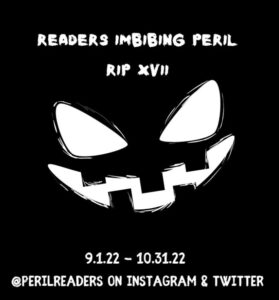

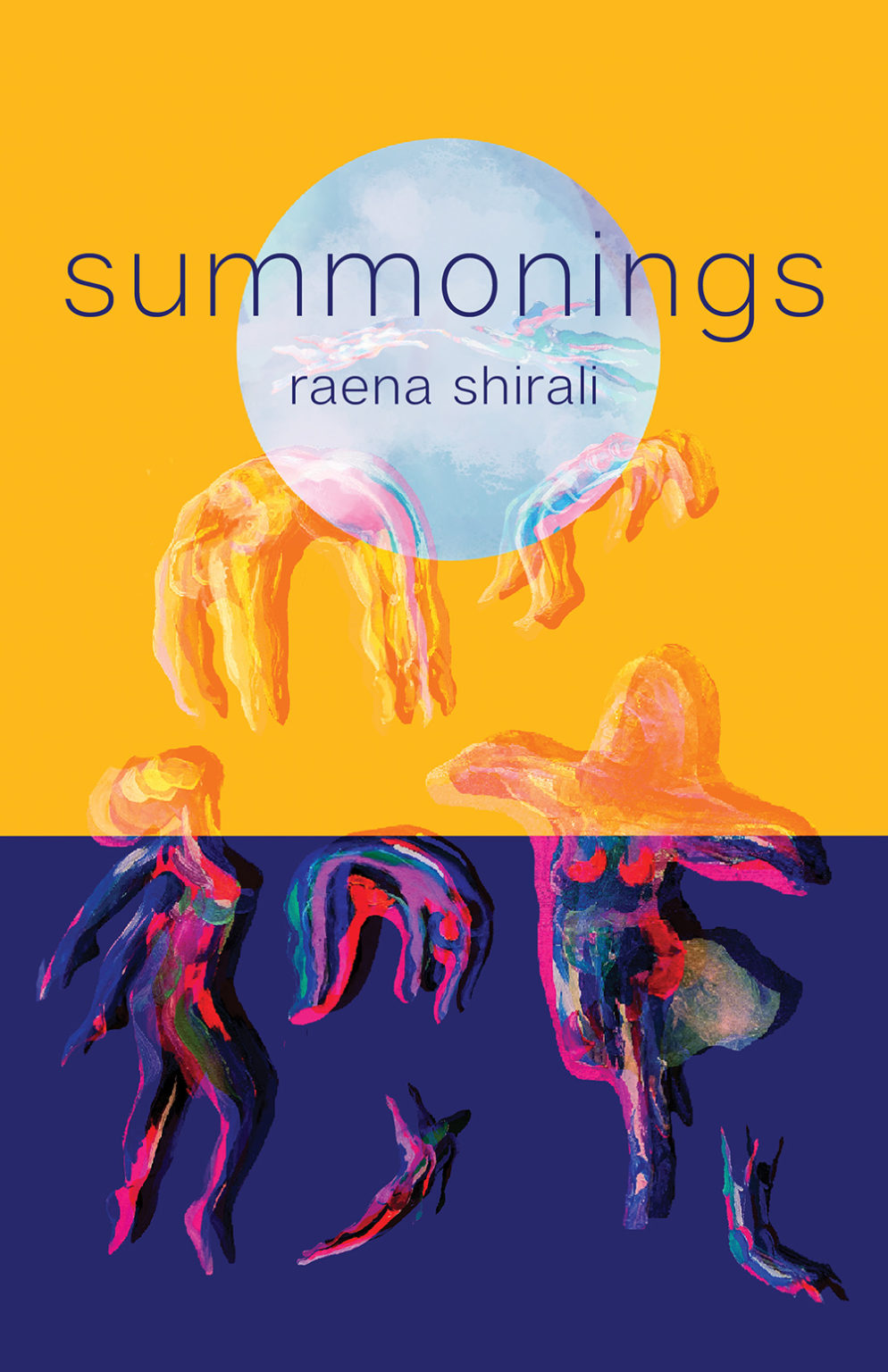



 Mine? Well, it’s lovely. A room of my very own, as ordered by Virginia. It was about 25 years ago when my wife Gloria and I moved into the house in San Francisco that we rent from her Aunt Rose, our Godmother. Because we needed space for guests and she didn’t mind, Gloria’s room-of-her-own occasionally doubles as the guest room. And because I am a restless writer—much given to getting up and walking around, making tea, etc.—I preferred the first-floor room in the front.
Mine? Well, it’s lovely. A room of my very own, as ordered by Virginia. It was about 25 years ago when my wife Gloria and I moved into the house in San Francisco that we rent from her Aunt Rose, our Godmother. Because we needed space for guests and she didn’t mind, Gloria’s room-of-her-own occasionally doubles as the guest room. And because I am a restless writer—much given to getting up and walking around, making tea, etc.—I preferred the first-floor room in the front.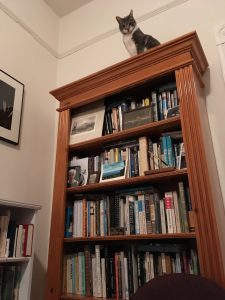 heard of, and she invited us to her house, which is filled with her own beautiful artwork. What a thrill to see that! And then she allowed us each to choose a drawing. Right below Florence’s piece are a photo of a dear departed friend and a framed Christmas card of Central Park West in snow, shot by my old friend Chuck. Next to that, and placed so I look at it all the time is a gorgeous watercolor by another friend, the artist John Zurier, whose career is flourishing. It was painted in Iceland on one of his first trips there. If you don’t know John’s work, do look him up!
heard of, and she invited us to her house, which is filled with her own beautiful artwork. What a thrill to see that! And then she allowed us each to choose a drawing. Right below Florence’s piece are a photo of a dear departed friend and a framed Christmas card of Central Park West in snow, shot by my old friend Chuck. Next to that, and placed so I look at it all the time is a gorgeous watercolor by another friend, the artist John Zurier, whose career is flourishing. It was painted in Iceland on one of his first trips there. If you don’t know John’s work, do look him up! On the opposite wall is one of my proudest possessions, the walking stick given to all graduates of the Warren Wilson College MFA Program for Writers. It’s handmade in Asheville, NC from native rhododendron to always keep us connected to the mountains. Warren Wilson is the reason I have a novel to share with the world, and the community of writers it has created keeps me going year after year.
On the opposite wall is one of my proudest possessions, the walking stick given to all graduates of the Warren Wilson College MFA Program for Writers. It’s handmade in Asheville, NC from native rhododendron to always keep us connected to the mountains. Warren Wilson is the reason I have a novel to share with the world, and the community of writers it has created keeps me going year after year.


